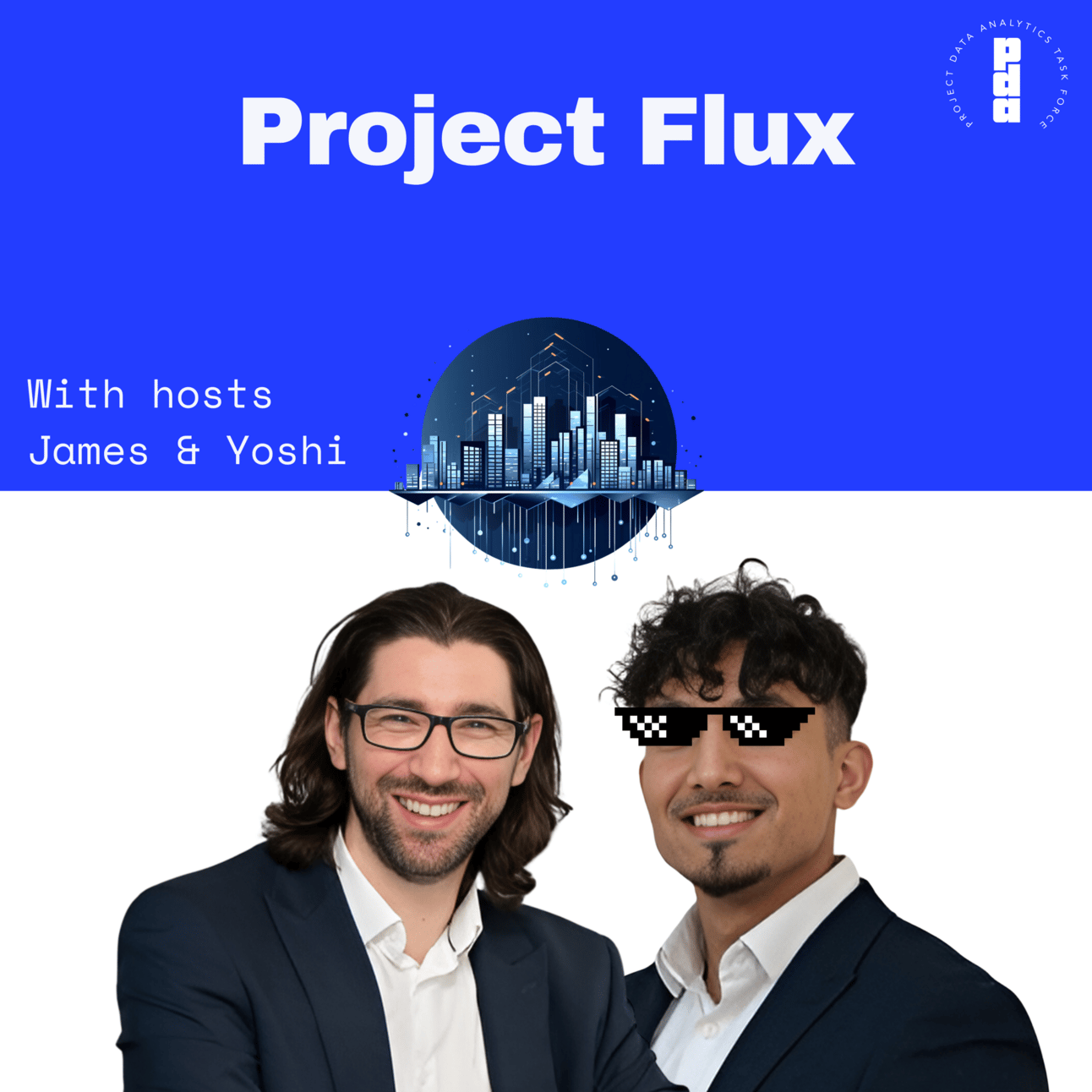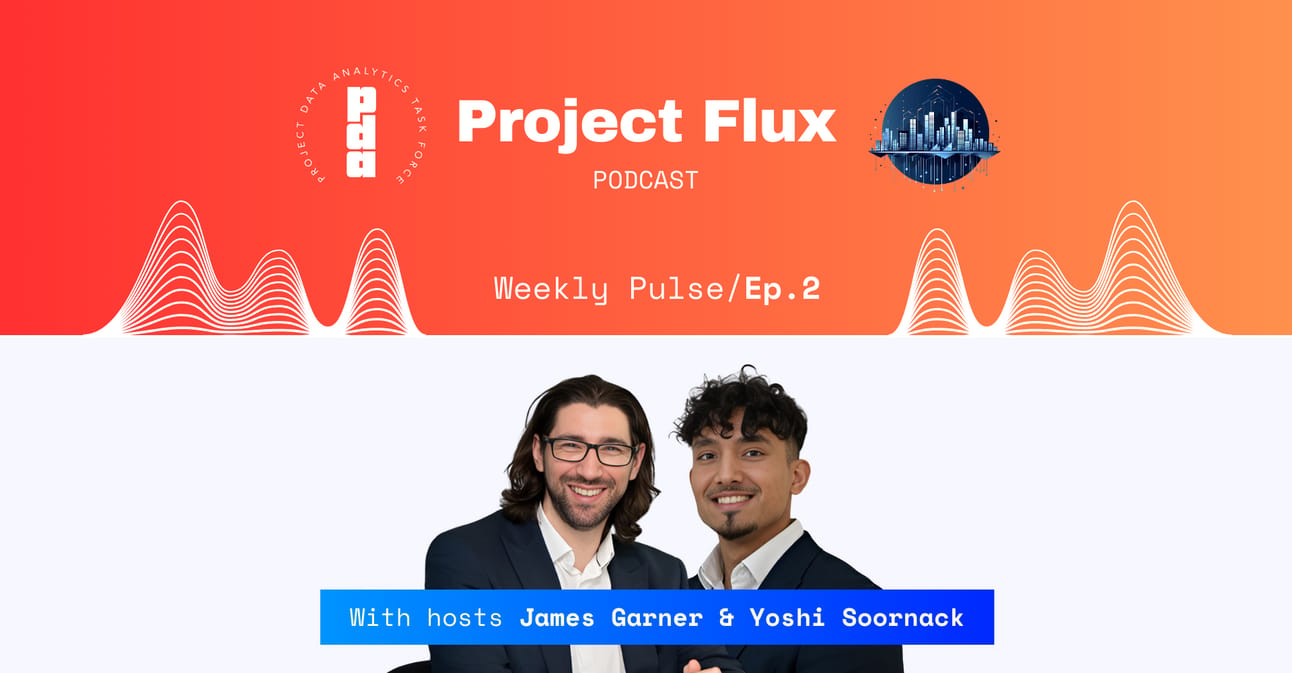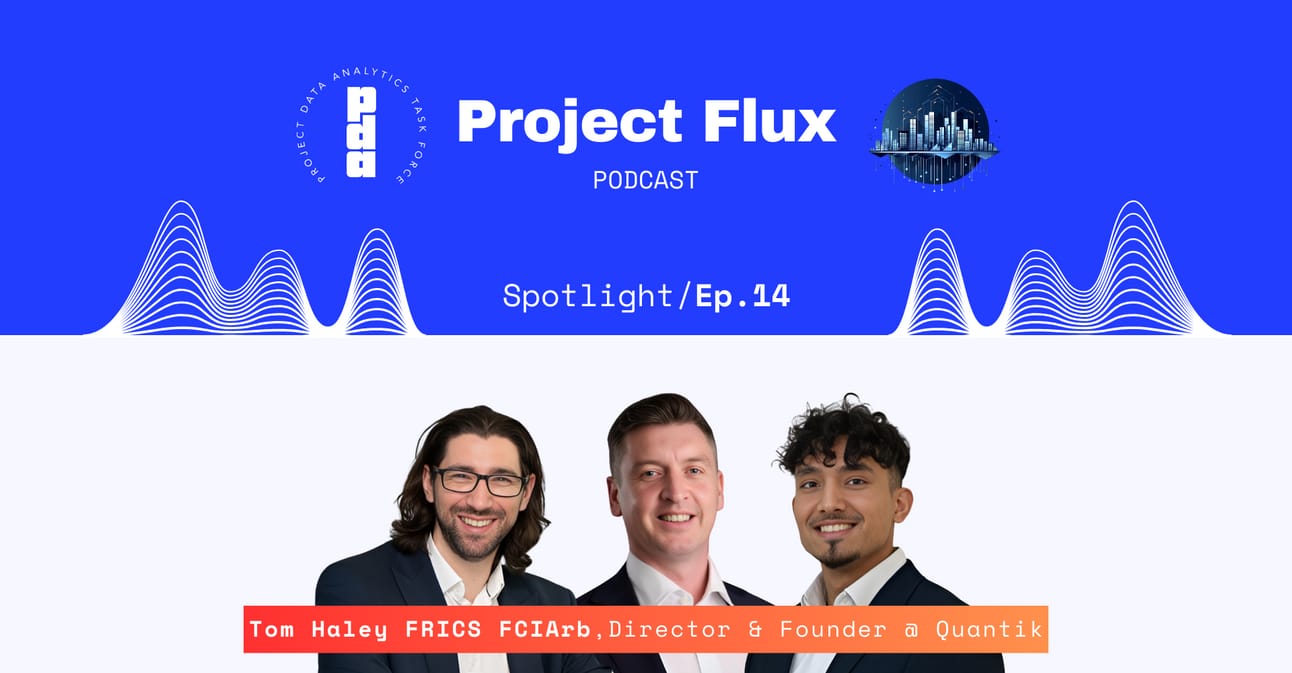Table of Contents
This Week’s BIG thing
❄️ The First AI Winter and its Lessons for Today's AI Boom
When people think AI, they often see it as a relatively new development that occurred within the last few years. Thanks to the meteoric rise of ChatGPT, AI technologies have ridden on the coattails and we’re starting to AI in almost every aspect of our lives. But AI development has been around for a lot longer than most think, in fact it has already been through one loop of the Gartner hype cycle where perceptions were a lot more negative leading to AI’s first winter from 1974 to 1980.
The first AI winter was a period of disillusionment and reduced funding for artificial intelligence research. Overhyped expectations, technical limitations, and critical reports like the Lighthill Report led to a significant cooling of enthusiasm for AI. Is this part of history a warning sign of what’s to come as we navigate the new age of AI?
In keeping with the Gartner Hype Cycle - whilst there are some similarities to today such as reaching the phase “peak of inflated expectations”, which back then was followed by a “trough of disillusionment” and major cuts, we believe that the progression today can take a more positive trajectory with a a stronger impact on a our lives going forward. For this, we look at the significant investment in AI from both the public and private sectors, and the commercial viability of so many AI tools today such as ChatGPT, Perplexity, Microsoft Co-Pilot and more.
The key difference is that today's AI hype is built on a much stronger foundation of tangible progress and commercial viability. The scale of AI advancement, investment, and real-world applications is vastly greater than during the first AI winter. While there are still technical challenges and limitations, the overall context is more robust and grounded in practical achievements.
Tip of the Week
✍️ Here’s how you can squeeze more value out of your ChatGPT outputs (this also works for any other LLM)
When working with Language Model Models (LLMs) such as ChatGPT, better prompts = better outputs. But what determines a better prompt?
A rule of thumb is to be unambiguous, precise and instructive as possible when giving the AI a prompt. When first getting used to ChatGPT, people often use a technique called zero-shot prompting - which involves giving the AI a task without any examples. For instance, you might ask, “What is the capital of France?” The model relies solely on its training to create a response. While this can be effective for straightforward questions, it often falls short for more complex tasks.
Let’s say you are a project manager and you want to generate a project status report; a zero-shot prompt would be something like “generate a project status report”. What you’ll find is that the output will be highly generic, irrelevant and likely to need a lot of editing before you finalise. So how can you squeeze more value?
A quick, easy to learn technique is few-shot prompting. This is where you give the AI model an example to learn from so it can better understand your request with less ambiguity. Let’s look at a scenario
Prompt: Generate me a status report for Project Beta. Here’s an example layout for you to follow:
Project Alpha Status Report:
Progress: 75% completed
Key Achievements: Completed module integration, resolved major bugs.
Next Steps: Final testing, deployment preparation.
Risks/Issues: Potential delay in final testing due to resource constraints.
☝️Now you have given a prompt and an example, which is likely to give you a more valid and relevant. Find out more about few-shot prompting in this
🔗 great guide.
What’s new: Projects
🌁 The landscape of AI, data and analytics in projects by the Major Projects Association
The Major Projects Association (MPA) held a great event last month assessing the landscape of AI, data, and analytics chaired by Mark Enzer OBE, Strategic Advisor at Mott MacDonald.
“It’s really good for us to recognise that underneath all the exciting possibilities of AI, there needs to be some really hard work to get our data right, because if the data isn’t right, then the AI isn’t right either. And then there also needs to be some really hard work to sort out the skills that we need to work appropriately with AI and to deploy it well. Put simply, data and skills are essential foundations for effective AI.”
🔑 Here were the key topics covered in the event:
AI’s Rapid Growth
Understanding AI
Addressing AI Bias
Debunking AI Myths
Opportunities in Projects
Future Workforce
Human-AI Collaboration
🗣️ This led to some excellent discussion points including:
Communicating AI opportunities.
Balancing focus on AI developments.
Ensuring data quality and reliability.
Addressing environmental and ethical AI considerations.
🔗 Get the full highlights here
💙 Other project news we’re loving
🔗 The launch of Data and the Built Environment: A practical guide to building a better world using data by Ian Gordon and Neil Thompson. This book aims to help built environment professionals make effective use of data and enable value-based decision-making driven by data that reduces cost and carbon. It reflects a range of experience from the private and public sectors.
What’s new: Tech
🧑💻 Big tech AI investment is soaring
Big tech companies like Microsoft, Alphabet, Meta, and Amazon are ramping up spending on AI infrastructure and talent. Experts estimate they may invest over $1 trillion in AI in the next 5 years. Talk about a peak of inflated expectations am I right?!
Microsoft and Amazon alone have allocated over $40 billion for AI-related projects and data centres worldwide so far in 2024.
This AI spending spree is fuelling concerns among some investors about whether the costs will pay off in the near-term. One analyst estimates the tech industry needs to generate $600 billion in annual AI revenue to justify the current level of infrastructure spending
💙 Other Tech news we’re loving
🔗Gymnastics is the new Turing test?
🔗Big tech losing grasp of emission targets
🔗Market Valuations and the Race to $4 Trillion
What’s new: Productivity
🗺️ The power of generative AI in Google Maps
Google maps is facing some serious upgrades with the integration of generative AI…
🏞️ Helping you discover places: Simply ask maps what vibe you’re feeling and it will give you information about places and community insights that suit your needs, this is exclusively being tested in the US currently.
(🔗 Google)
🧭 Immersive route views: Preview entire routes with AI-powered 3D visualisations with detailed turn-by-turn directions. Its also responsive to the time of the day! This feature is only available in some select cities currently.
(🔗 Google)
🗺️ More detail and landmarks: Maps is using AI to provide more detailed and realistic navigation, like showing prominent buildings along your route to help with orientation
(🔗 Google)
💙 Other productivity news we’re loving
🔗 Fine-tuning models with 0 technical skills: In our tip of the week we spoke about few-shot prompting to get more value from your AI models. This tool helps you fine-tune your GPT using with absolutely zero technical skills.
🔗 One for the creatives out there: This site brings you all the most popular design aesthetics within mid journey so you can create images according to your favourite aesthetics using a simple code. Definitely one to check out!
Events

Leading the charge: Senior leaders breaking data project barriers
The Project Data Analytics Task Force are hosting Andrew Cleary, Deputy Director Project Data at DEFRA and Andy Solman, Head of Project Delivery Function at the UK MoD to share their wisdom, strategies, and firsthand experiences from the forefront of data-driven change.
Through real-world case studies, interactive dialogues, and practical strategies, leaders will learn how to unleash the full potential of their data, achieve outstanding project results, and foster a culture of ongoing innovation and improvement.
📍 Details: Weds, 17th July at 6:30pm / Gleeds, 95 New Cavendish Street, London W1W 6XF
🎟️ Tickets: Register for free here!
Project Flux Podcast
Watch our latest podcast episodes 👇
🟠 Weekly Pulse: In 🔗episode 2, we dived into getting live data from your AI models, how businesses are embracing ChatGPT, identifying great report sources for demystifying AI and the field of research that is wetware computing.
🔵 Spotlight: In 🔗 episode 14, we sat with Tom Haley - Director & Founder of Quantik, and RICS Accredited Quantum Expert Witness. If you’re a quantity surveyor or construction professional - this episode gave excellent insight into how AI is impacting the industry on the ground and how startups are reacting to the waves from big tech.
Meet Project Flux: About Us
At Project Flux, we're committed to pioneering the future of construction and project delivery through the lens of cutting-edge Artificial Intelligence insights. Our vision is to be at the forefront of integrating AI into the fabric of project delivery, transforming how projects are conceptualised, planned, and executed.
Our Mission Project Flux aims to not only inform and educate but also to inspire professionals in the construction industry to embrace the transformative potential of AI. We believe in the power of AI to revolutionise project delivery, making it more efficient, predictive, and adaptable to the dynamic demands of the modern world.
What We Offer Through our insightful newsletters, podcasts and curated content on LinkedIn, and engaging discussions, Project Flux serves as a resource for professionals seeking to stay ahead in their field. We offer a blend of practical advice, thought leadership, and the latest developments in AI and construction technology.
What People Say…
“It was a real pleasure being a guest on the Project Flux podcast. James and Yoshi are really on top of things when it comes to AI in general and its application in project management specifically. If you just have a few minutes a week have a read through their newsletter so you can stay informed. If you have just a bit more time, they know how to ask the right questions in the podcast."




